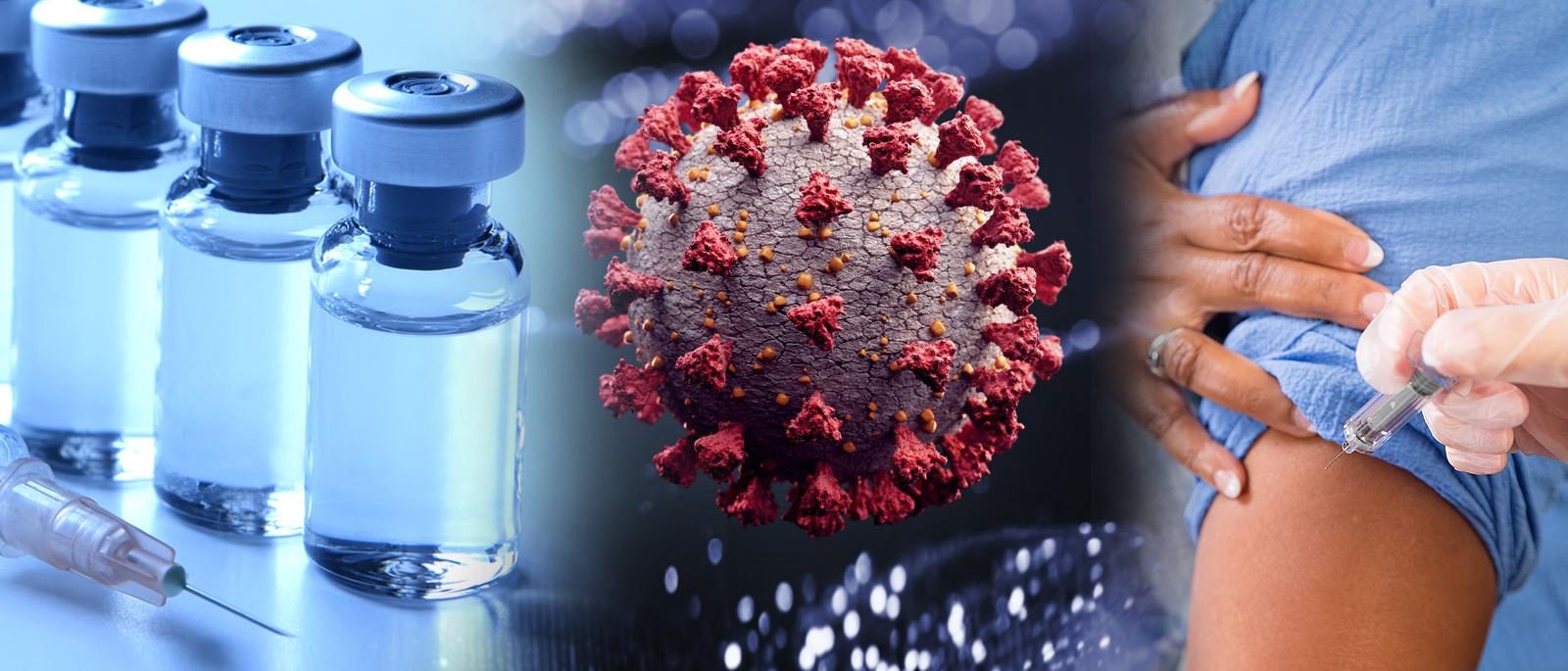
Early detection of cancer remains a crucial objective, but current methods for determining who should undergo screening may overlook individuals with early-stage disease.
French researchers are working on a model to identify biomarkers and clinical risk factors that can better pinpoint individuals at risk for cancer who should undergo screening.
Through the use of machine learning, the team identified over 30 biomarkers and 2 clinical risk factors in patients with cardiovascular disease who smoked, and 13 biomarkers and 8 clinical risk factors in patients with Li-Fraumeni syndrome that proved effective in identifying those at risk for cancer.
The goal of this research is to refine and personalize cancer screening, ultimately enhancing cancer prediction, detection, and prevention. This was presented by Marine Fidelle, PharmD, PhD, a research pharmacist at the Gustave Roussy Institute, Paris, at the Society for Immunotherapy of Cancer’s (SITC) annual meeting in San Diego.
In the study, Fidelle and her team initially analyzed data from around 500 patients in the PREVALUNG trial. This trial included current or former smokers with cardiovascular disease who were part of a lung cancer screening program. The team examined blood and feces samples that had been stored years prior to cancer detection, along with low-dose chest CT scans.
To validate the model, the team conducted the same analysis on blood and feces samples from over 100 patients in the LIFSCREEN trial who have Li-Fraumeni syndrome, a rare genetic disorder that elevates a person’s cancer risk.
Using machine learning, the researchers discovered 33 biomarkers and 2 clinical risk factors in patients with cardiovascular disease that yielded a cancer risk estimate with an area under the curve (AUC) of 0.78. In the cohort of patients with Li-Fraumeni syndrome, 13 soluble markers and 8 clinical risk factors predicted cancer risk with an AUC of 0.82.
In the PREVALUNG cohort, 7% of patients were diagnosed with cancer, and 3.2% with lung cancer.
Comparatively, Fidelle noted that about 20%–50% of patients diagnosed with cancer in the PREVALUNG cohort would not have been eligible for those screening programs based on previous studies that determined eligibility based on tobacco screening scores.
Dr. Christopher J. Manley, who was not involved in the research, emphasized that effective cancer screening requires widespread adoption, affordability, and ease of use.
He stated, “This study, combining biomarkers with clinical risk factors, may prove to be a safe and effective way to identify patients at risk for developing malignancy.” Dr. Manley, director of interventional pulmonology at Fox Chase Cancer Center in Philadelphia, added, “As the authors report, this may help to optimize screening. If healthcare providers can identify a group at increased risk, then a more concentrated effort can be made for cancer prevention and early detection.”
The study received funding from the European Union’s Horizon Europe research and innovation program. Fidelle received funding from the Seerave Foundation. Dr. Manley serves as a consultant and educational speaker for Johnson and Johnson and has received research funding from Mauna Kea, Aquyre Biosciences, and Johnson & Johnson.











